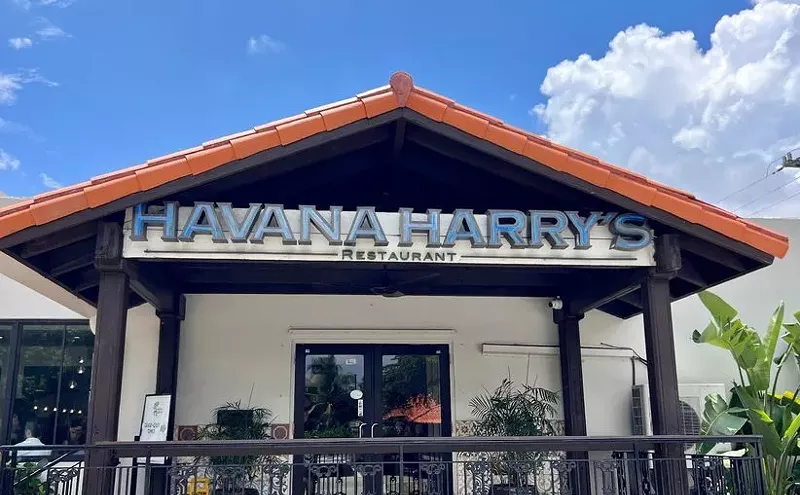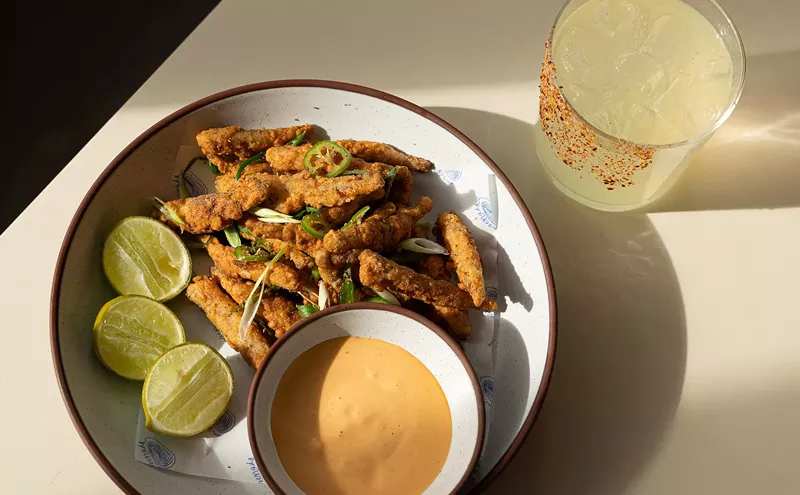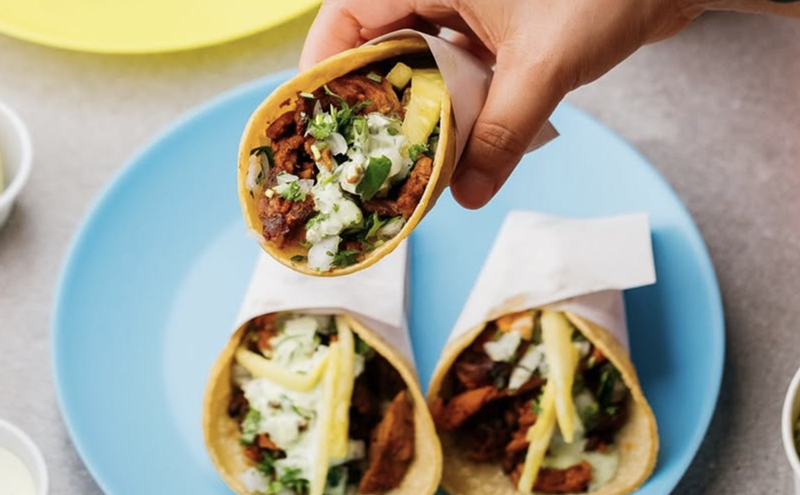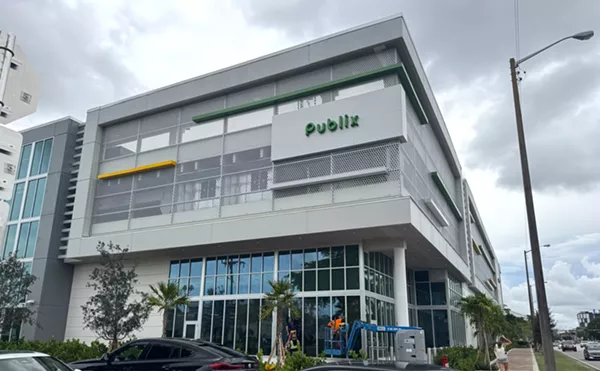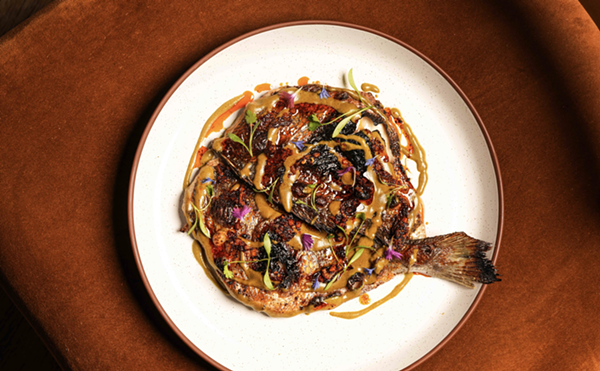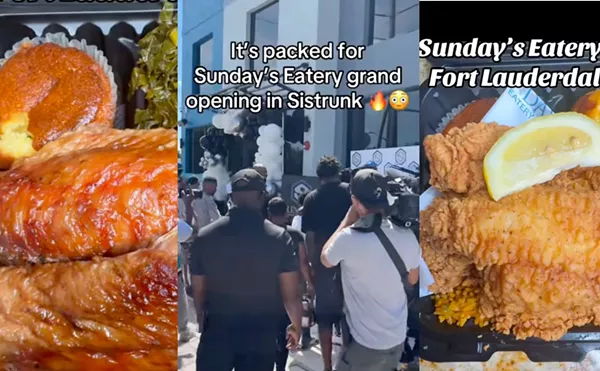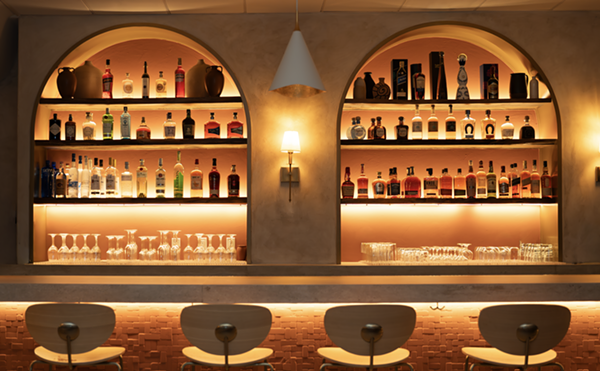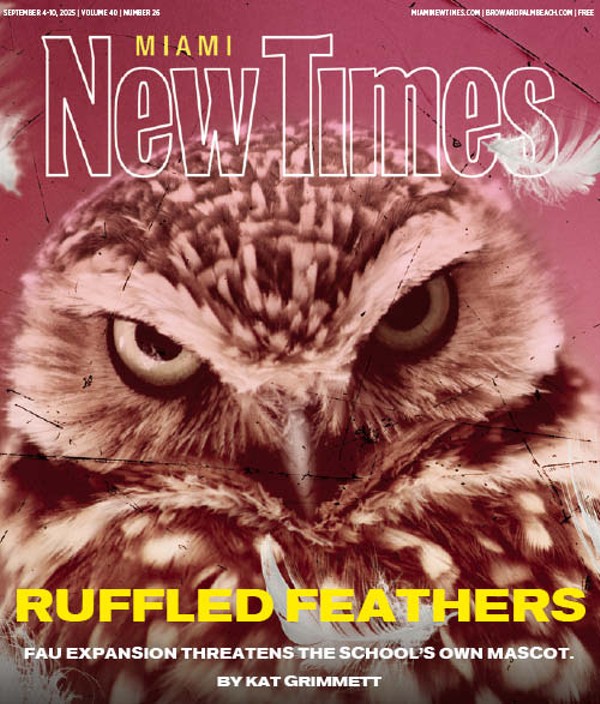To understand biodynamic agriculture, consider egg labeling. "Free-range" stamps previously suggested eggs laid by chickens raised on pastures. Then, it turned out, they were laid by chickens with access to the outdoors. Whether they spent time outside was (and still is) arguable.
As demand for sustainable eggs increased, farmers evolved the lexicon. Eventually, terms such as cage-free and free-roaming came into use. Then the word pastured was born.
In a similar way, the biodynamic movement wants to go beyond the overused term organic. Santiago Peralta, founder of the organic and biodynamic-certified, bean-to-bar, award-winning, Ecuadorian Pacari Chocolate, who was in Miami this weekend for the International Chocolate Festival at Fairchild Tropical Botanic Garden, believes biodynamic agriculture is a step beyond organic. It yields a superior product. He also thinks it's the future trend in chocolate -- and sustainable agriculture.
"Biodynamic agriculture is based on the philosophies of Rudolf Steiner, who launched a more holistic way of agriculture. It's an anthroposophical movement -- a new way of thinking," Peralta says. "It's much more homeopathic than organic, and much more esoteric than organic."
Established in the 1920s, biodynamic agriculture steers away from the view of the farm as a factory. Its goal is not to boost production or sales, but to achieve biodiversity and abide by natural rules, lunar phases, and planetary cycles. Farms are to focus on self-renewing practices and self-dependance. Fertilizers are not to be imported. Instead, they are to be developed naturally from products from inside the farm, with specially prepared medicinal plants, minerals, and composted animal manure. Biodynamic fertilizers are often compared to homeopathic remedies for humans.
According to Demeter Association, Inc., which certifies Pacari chocolates, farms must first comply with organic principles to be certified biodynamic. Then there are other requirements. Certified farms must have 10 percent of their land set aside as a biodiversity reserve. There must be perennial planting schemes. Fertility systems must be generated from life within the farm (using legumes in crop rotation, composting, etc.).
It's complicated, but Peralta says his farmers prefer biodynamic practices. They don't need to purchase fertilizers and other preparations from third-party suppliers.
"The good thing about this is that the farmers can do it all by themselves. A cow can produce enough manure in one day to make enough preparations for 500 acres. This is just the most sustainable way of agriculture that I know," he says.
He also believes biodynamic agriculture yields a superior product, whether it be wine, chocolate, or anything else. "Many of the best wines on earth are biodynamic. And it's not a coincidence," he says.
"I see the results with the chocolate too. I don't need to be convinced, because the results are fantastic. The farmers are happy. We started with 12 farmers, now we are close to 110 farmers."
Peralta was recently named Outstanding Chocolate Maker for 2013 by the Fine Chocolate Industry Association. In 2012, he won ten medals (gold and silver) in distinct categories at the International Chocolate Awards. Indeed, biodynamic cacao seems to be working for Pacari Chocolate.
But some detractors disagree with the principles behind biodynamic agriculture. It is not the best farming method, and it's not better than standard or organic practices, they say. Some opponents argue that biodynamic agriculture is a pseudoscience, one with scientific evidence akin to witchcraft, voodoo, and all-around hocus-pocus.
"Biodynamics being based on 'a spiritual science' appears to be entirely based on a faith preached by Rudolf Steiner and is more religion or wacky cult than bona-fide scientific farming discipline," Stuart Smith of Smith-Madrone Winery in St. Helena, California, says in a letter to the Press Democrat.
Peralta disagrees. "Sacks of biodynamic cacao are just heavier. A sack that looks like 80 pounds of cacao will actually weigh 100 pounds because it's a more dense bean. Yes, it is for some reason which we cannot explain. But, right now, no one can say it isn't working."
He believes it's only the beginning of biodynamic chocolate and agriculture. As the term organic further erodes, much like the term free-range once did, he says, "You'll see. It'll become more trendy in the next few years."
Want to know what all the fuss is about? Pacari chocolates are available in Miami at Apple A Day and Wine by the Bay.
Follow Emily on Twitter @EmilyCodik.
Follow Short Order on Facebook, on Twitter @Short_Order, and Instagram @ShortOrder.



